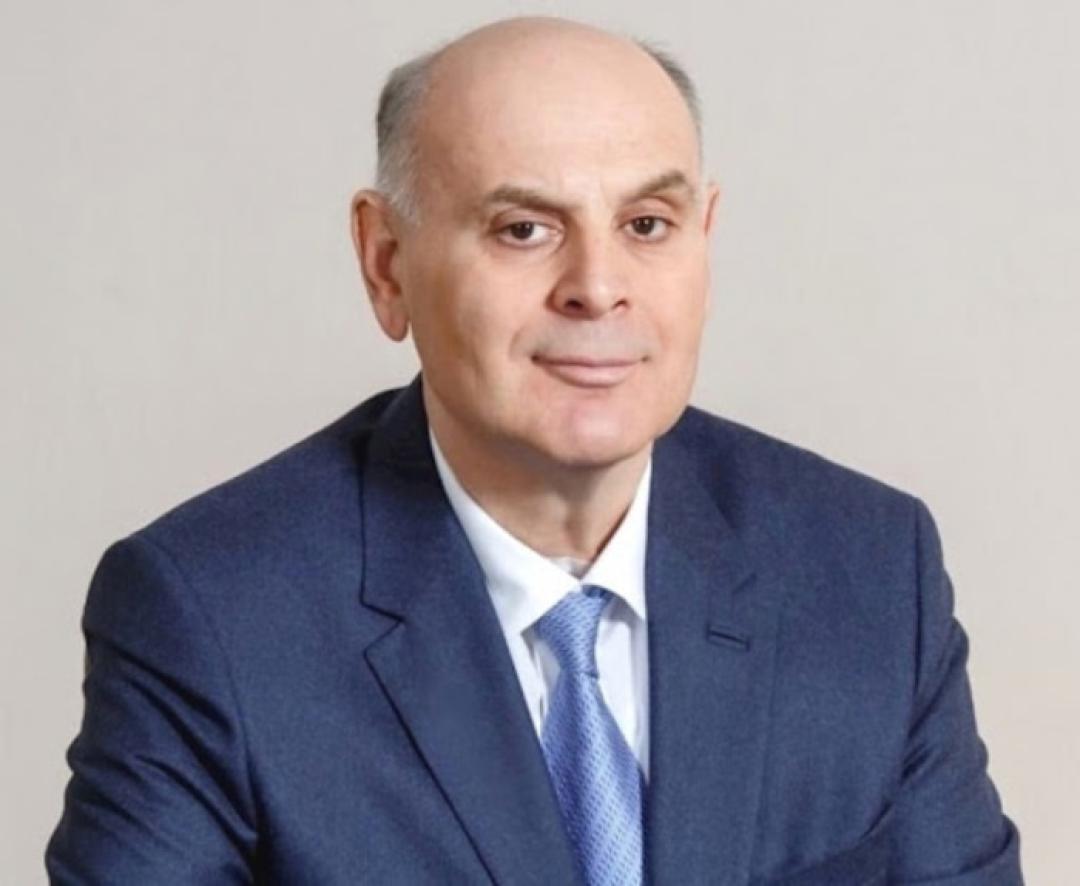
Separatist Abkhazia's President Outlines Plan to Boost Economy

On April 27, Aslan Bzhania, the de-facto President of separatist Abkhazia, met with the heads of cities and regions on the work results for the first quarter of 2023.
The de-facto head of state noted that the heads of the districts voiced only a part of the problems, the solution of which rests on finances. "The state should solve all the problems itself, and it is necessary to learn how to earn money," he added. "Those assets that we have should bring money. When the head of the district says that there are 20 thousand hectares of agricultural land in the district, and at the same time, 10-15% is cultivated, this is the very potential that we have not realized. And we will talk about this endlessly if we do not take extraordinary measures," Bzhania said.
The de-facto President named the areas that are the locomotives of the Abkhazian economy - the tourism sector, agriculture, logistics, and IT technologies. According to Bzhania, many of the problems discussed can be solved only with significant infusions of financial resources. "The road infrastructure needs significant investments, the railway does not operate in the mode and format in which it could because money needs to be invested in it, and the port economy needs to be developed. We are dealing with the airport, and everything is not easy, and these are the key issues," the head of state said.
He emphasized that the lack of economic development would cause other areas to decline as well. "The issue of defense capability is directly related to the development of economic opportunities in Abkhazia. Everyone at their level should understand this," the de-facto President addressed the heads of cities and regions. He informed them that they would receive an expanded document on developing the tourism industry and constructing apart-hotels. "Within the program framework that we propose, about 150 billion rubles should be invested in this industry within ten years. Or 1 billion 300 million, which we have as part of the investment program, or 15 billion a year, the difference is huge," Bzhania said.
Bzhania stressed that if such large-scale programs are not implemented, many problems that concern people will not be solved. He pointed to the need to develop the banking system. "The state should also benefit from the privatization of facilities," he added. "A huge amount of state property has been privatized, and it does not bring anything; it all stands and is destroyed. A large number of municipal property is rented out, and it is also not clear what kind of return. Because we do not have a developed approach to determining rental payments. These rules need to be worked out and implemented in everyday practice," Bzhania said.
See Also


Armenia Records 5.9% GDP Growth in 2024, Missing 7% Goal

Yerevan Balances Strategic Ties with Both US and Russia, Says Foreign Minister

FM Mirzoyan: Peace Deal with Azerbaijan Is Within Reach

Pashinyan and Erdogan Hold Call, Reaffirm Commitment to Ongoing Dialogue

